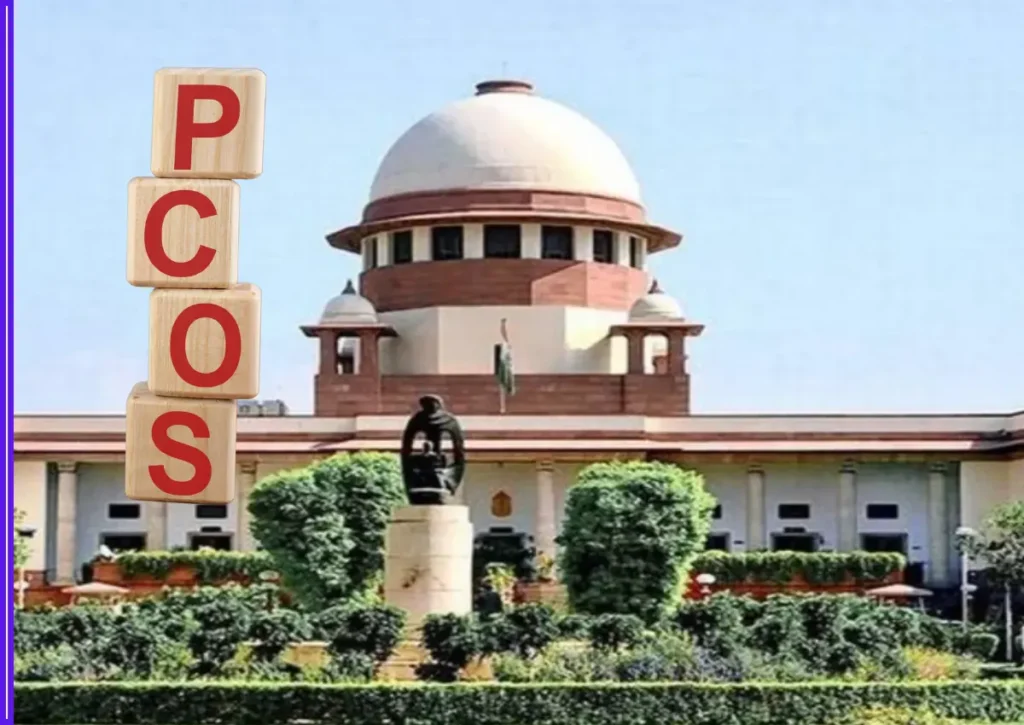In a significant move to address the growing concerns around the misuse and rigid implementation of child protection laws, the Supreme Court of India has asked the Central Government to submit its views on a set of recommendations related to two crucial areas—comprehensive sex education for adolescents and the real-time monitoring of POCSO (Protection of Children from Sexual Offences) cases.
The direction came during the hearing of a case where a man had been convicted under the POCSO Act despite being in a consensual relationship with the survivor, who is now his wife and the mother of their child. Recognizing the sensitive nature of the case, the apex court upheld the conviction but adopted a balanced approach regarding sentencing.

A bench led by Justices Abhay S. Oka and Ujjal Bhuyan noted the urgent need for reform, especially in cases involving teenage relationships that may fall into legal grey zones under the current law.
Senior advocates and amici curiae Madhavi Divan and Liz Mathew presented observations from various High Courts, including those of Delhi, Madras, and Calcutta, where judges have shown restraint in criminalizing consensual adolescent relationships under the POCSO Act. They argued that while the law serves a critical purpose in protecting minors, its rigid enforcement could harm the very individuals it intends to shield.
Taking these insights into account, the Supreme Court has directed the Ministry of Women and Child Development to form a high-level expert committee. The committee will review the suggestions in detail, aiming to create guidelines for effective sexual and reproductive health education and explore mechanisms for real-time case tracking under POCSO to speed up judicial processes and reduce trauma for survivors.
This development follows a recent May 15th direction by the Court urging the Centre to prioritize setting up exclusive POCSO courts across the country. The aim is to ensure cases are tried swiftly and in compliance with statutory timelines, helping clear the mounting backlog and improving access to justice.
The Supreme Court’s initiative reflects a broader push for policies that balance legal safeguards with the evolving realities of society. The focus now shifts to the Centre’s response and its willingness to drive meaningful change in these deeply sensitive areas.





